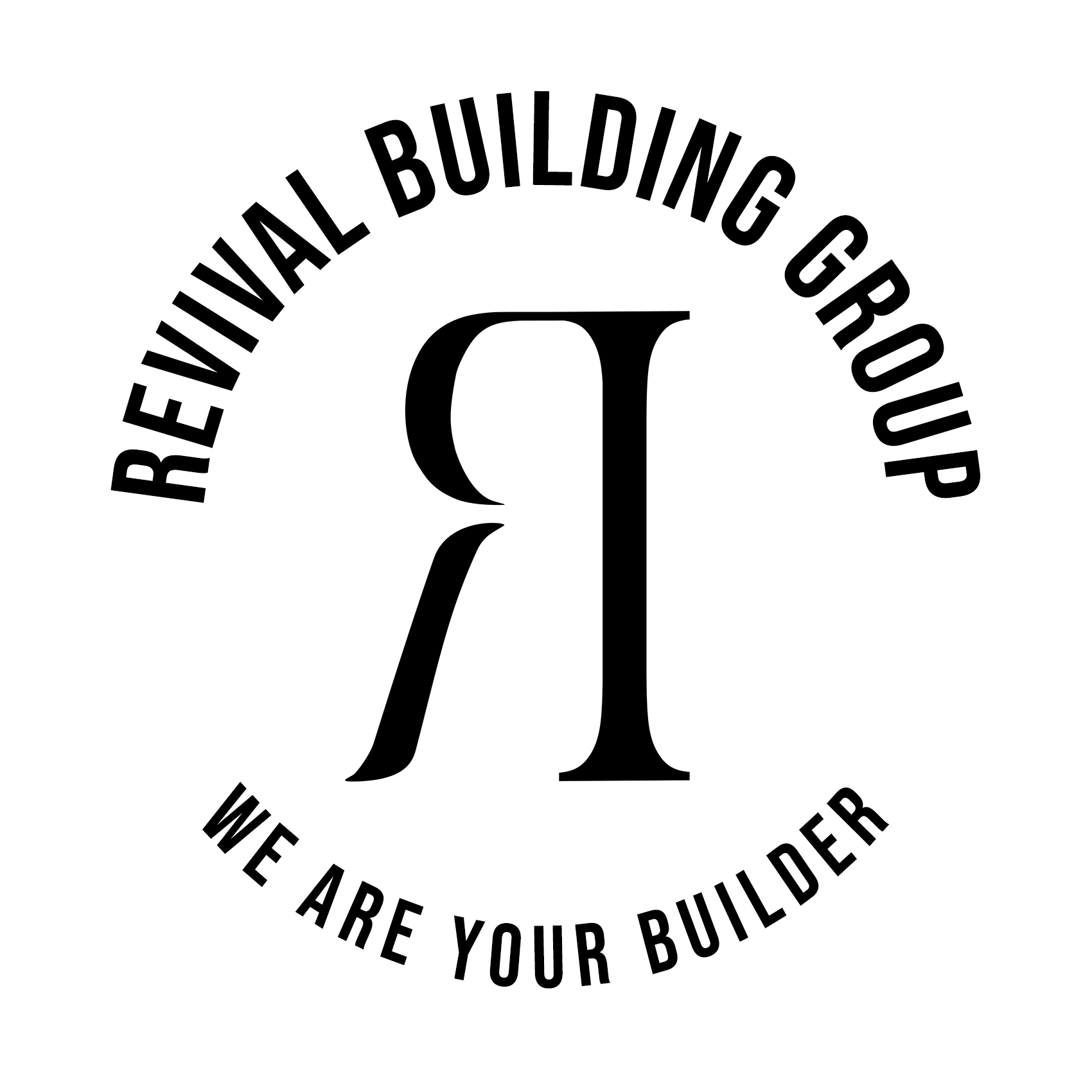5 Must-Know Questions About Adding a Generator to Your Home
More and more homeowners are choosing to add generators to their custom builds—and for good reason. Whether you're building a new home or updating your existing one, including a generator can offer peace of mind, protect your investment, and keep your home running smoothly no matter the weather — or the power grid.
Is A Generator Worth It?
Let’s break down the most common questions homeowners have when it comes to adding a generator — and why now might be the perfect time..
1. Why Add A Generator To Your Renovation?
More homeowners are choosing to add standby generators — and not just because of longer power outages. A whole-home generator brings several long-term benefits that go beyond just keeping the lights on.
Backup Power = Everyday Comfort + Convenience
When the power goes out, so does your daily routine. A generator keeps essential systems running, like:
· Your refrigerator and freezer (no more tossing spoiled food)
· HVAC systems (stay warm in the winter and cool in the summer)
· Wi-Fi routers, lighting, and outlets (essential for work-from-home setups)
· Garage doors and sump pumps
In short, a generator means you can keep living comfortably — even when your neighborhood is in the dark.
Safety and Security
For families with young children, elderly relatives, or medical equipment in the home, power continuity is more than a convenience — it’s a safety issue. Generators help:
· Prevent temperature extremes inside your home
· Keep medical devices like oxygen machines and CPAPs running
· Maintain your home security systems and exterior lighting
It also gives you peace of mind if you’re away during a storm — your home stays powered and protected.
Long-Term Value for Your Home
Standby generators add real value to your property. In some markets, they’re seen as a premium feature, especially in areas with:
· Frequent outages or storm risks
· Rural or off-grid locations
· High-end homes where backup systems are expected
Buyers are increasingly aware of the value of resilient homes — and an integrated generator will be a strong selling point.
2. What Kind of Generator Do I Need?
If you're new to the idea of adding a generator, you might be wondering: what's the right fit for your home?
At Revival, we typically recommend standby generators (also called whole-home generators) for homeowners investing in a renovation or custom build — especially in Bucks County, where storms and outages aren’t uncommon. While the up-front cost is higher, the convenience, safety, and long-term value are well worth it.
Standby Generator Features:
· Permanently installed outside your home (similar to an AC unit), they automatically power up during an outage
· Powered by natural gas or propane
· Power your entire home (or just the essentials you choose) seamlessly
· Monitor utility power and respond instantly
· Run for extended periods without manual refueling
3. When’s the Best Time to Add One?
Here’s the good news: If you’re already renovating or building, it’s the perfect time to add a generator. Here’s why:
· We already have access to your electrical system and can plan for the unit’s placement, fuel source, and load requirements to fully integrate it into your electrical and gas planning
· It’s easier to secure permitting and inspections as part of your overall project
Adding a generator later (also called retrofitting) is totally doable but may be more labor-intensive and costly.
Standby Generator Delivery
during a home renovation in Bucks COunty
4. What Does It Cost to Install a Generator?
Prices can vary widely depending on:
· The size of your home and power needs
· Whether you want to power everything or just essentials
· Fuel source availability (natural gas vs. propane)
· Site preparation and electrical work
We always provide a detailed and tailored estimate based on your home and needs.
5. Are Generators Worth The Investment?
This one depends on your priorities. A generator might be a smart investment if you:
· Live in an area prone to weather-related outages
· Work from home or need uninterrupted power
· Have medical equipment or other essential systems
· Want to protect your fridge, HVAC, and tech systems
· Are already renovating and want to future-proof your home and increase home value
And honestly? Even if you’ve never considered one before, we often find that once clients see how easily we can integrate a generator into their design, it quickly becomes a “must-have.”
Let’s wrap up with a few quick generator FAQs!
⚡ Fast 5: Generator FAQs
1. How big of a generator do I need?
It depends on how much you want to power — just the essentials or the whole house? We’ll help calculate your needs during planning.
2. Do I need natural gas or propane?
Most standby generators run on one of the two. If your home already has natural gas service, that’s often the easiest and most cost-effective option.
3. Is it noisy?
Not like you’d expect. Today’s models are impressively quiet and designed with enclosures that help them blend into your landscaping.
4. How long will it last during an outage?
As long as you have fuel, your generator can keep running. As long as there’s service, natural gas models can run indefinitely, while propane depends on tank size.
5. What kind of maintenance does it require?
This of this like your car — regular oil changes, inspections, and occasional tune-ups will keep it reliable for years.
Final Thoughts
Power outages are unpredictable — but your home doesn’t have to be. Comfort, safety, and peace of mind — always a good investment.
📩 Thinking about adding a generator to your home?
Let’s walk through the options together



